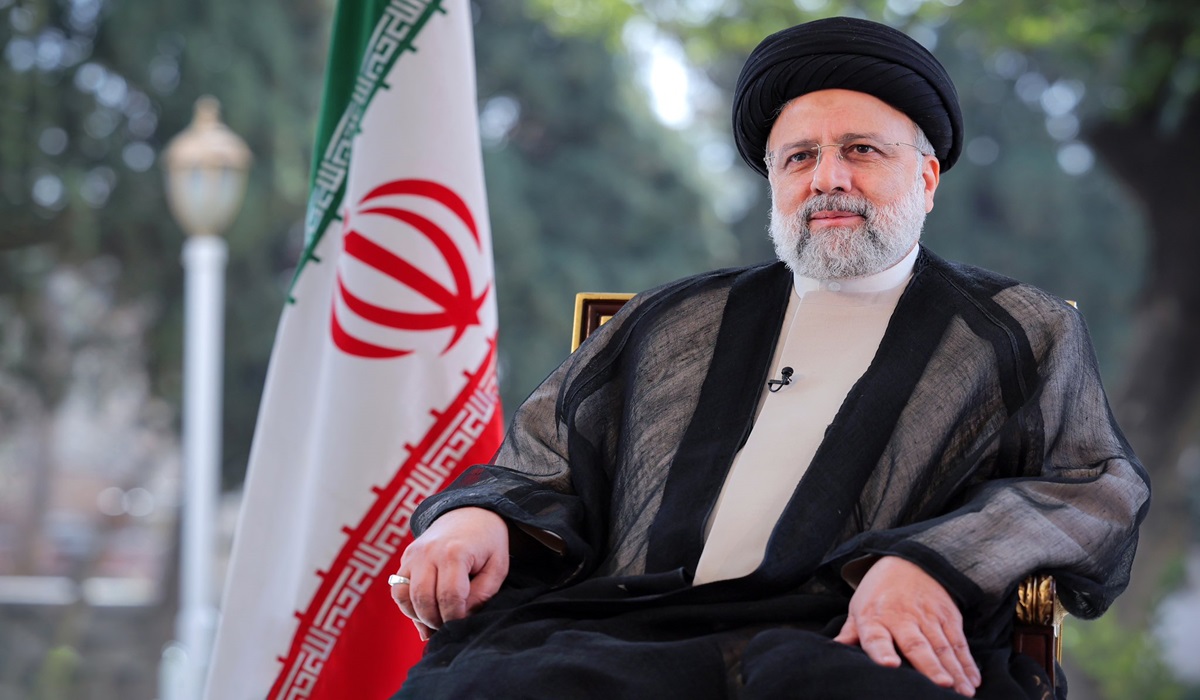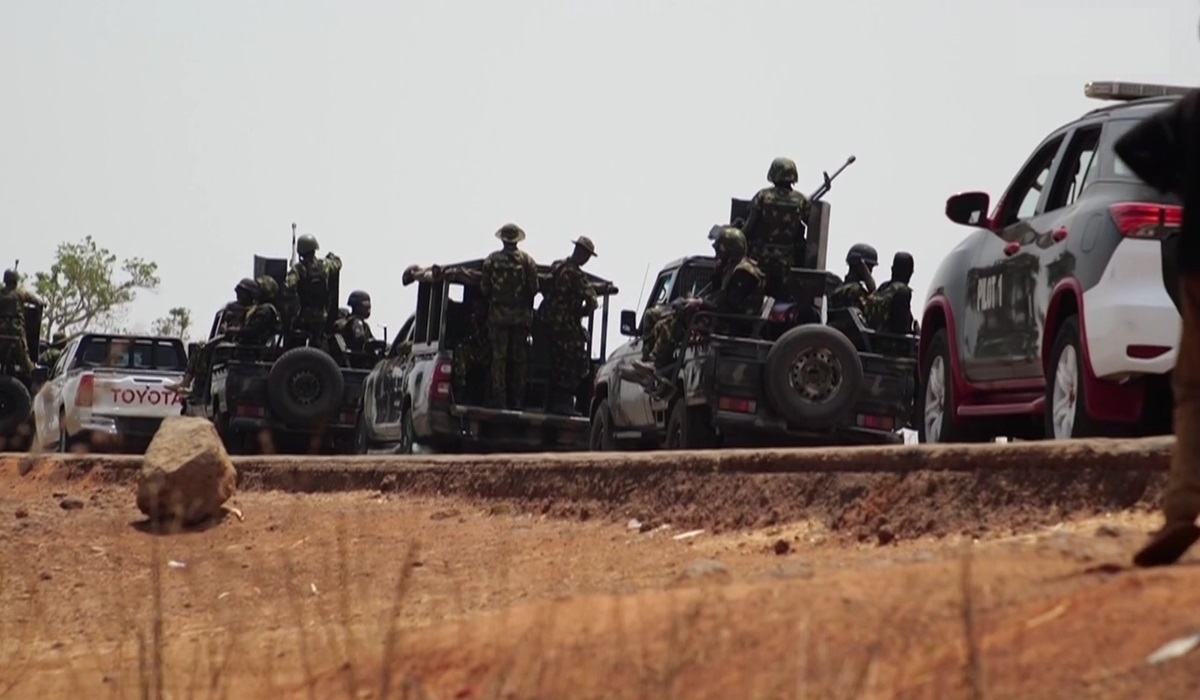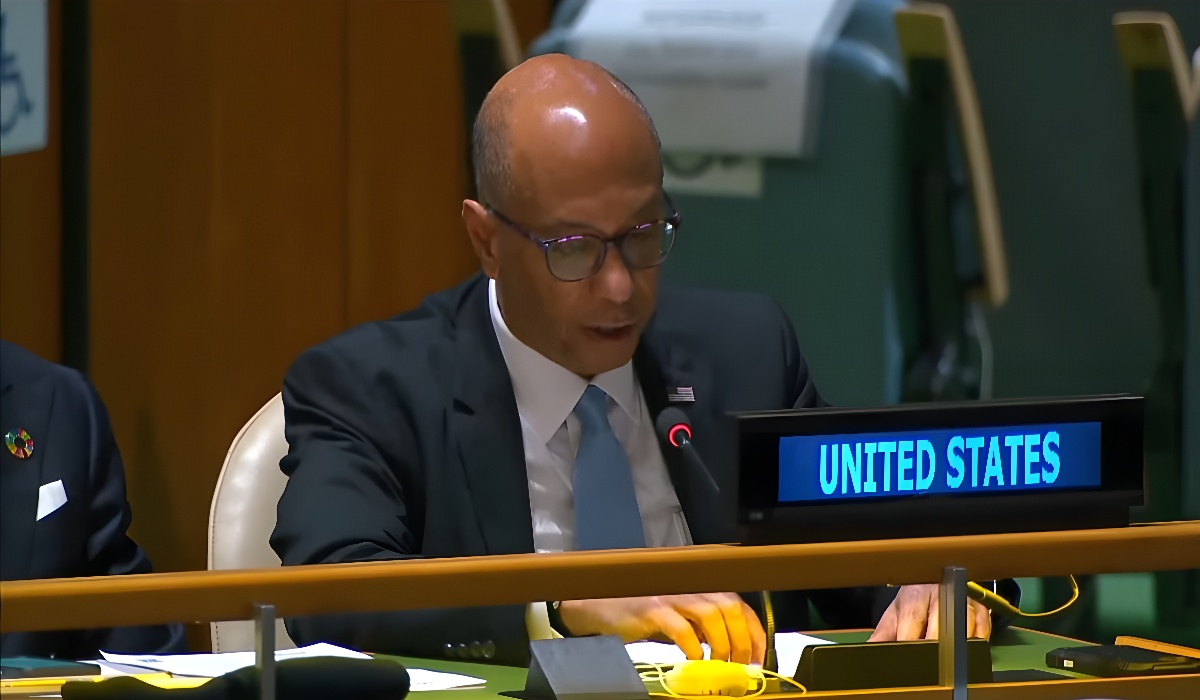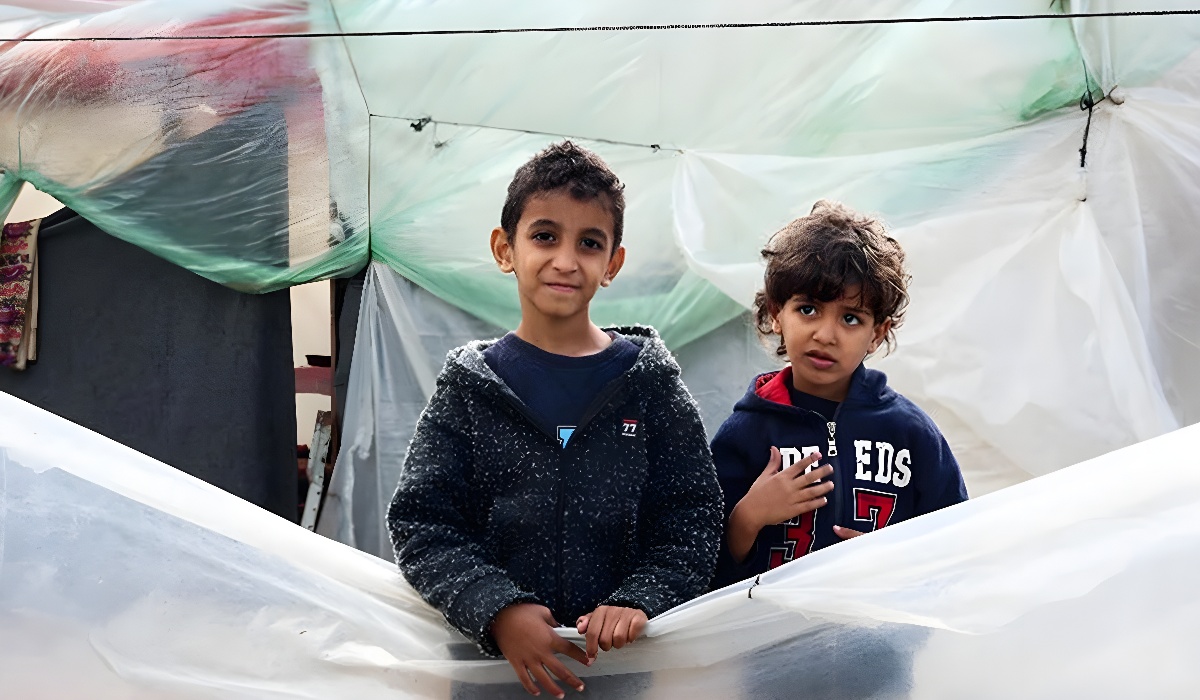The prevalence of philosophical debate surrounding the current state of the world speaks to the profound global challenges at hand, exacerbated by a recurring willingness of nations to enter wars with the misguided notion that such conflicts solve problems. Assessing whether the world is currently in a desirable state remains a complex and multifaceted issue, dependent on one’s interpretation of “good” and the criteria applied for evaluation.
Philosophically, several angles can be explored when contemplating the world’s current state. One perspective centers on the pervasive suffering worldwide. Undoubtedly, the world suffers from extensive suffering from poverty, hunger, and the devastation wrought by wars and diseases. Nevertheless, it is crucial to acknowledge that global suffering has demonstrably decreased over time. For instance, extreme poverty rates have fallen by over half since 1990.
An alternative approach assesses the world’s condition by focusing on the extent of human flourishing. This concept encapsulates the ability of individuals to live their lives to the fullest, including access to necessities such as food, water, shelter, and healthcare, as well as the opportunity to pursue personal aspirations. Although substantial room for improvement remains in human flourishing, considerable strides have been made in recent decades. Global life expectancy, for example, has increased by over 20 years since 1960.
Ultimately, determining whether the world is in a favorable state depends on one’s perspective. Philosophically, both positive and negative factors come into play. On one side, global suffering and challenges are undeniable. Conversely, substantial progress has been achieved in reducing suffering and enhancing human flourishing.
Delving deeper into this philosophical question, various thinkers offer contrasting viewpoints. Optimistic philosophers contend that the world is steadily improving despite its difficulties. They cite advances in poverty reduction, hunger alleviation, and disease management. They also highlight the potential of technological progress to address pressing global issues.
A hopeful perspective suggests that the world continually progresses despite its ongoing challenges. Advocates of this viewpoint underscore advancements in realms like poverty reduction, hunger alleviation, and disease management. They also emphasize the transformative potential of technology in addressing pressing global issues.
Within this framework, one line of thought explores the evolution of human consciousness. This perspective contends that the present age marks a transition towards an integral stage characterized by enhanced harmony, understanding, and cooperation. Likewise, proponents of this optimistic view argue that the global scale of violence has exhibited a historical decline, with interstate conflicts becoming less frequent, largely attributed to the influence of technological progress.
Conversely, pessimistic philosophers argue that the world faces substantial challenges, including climate change, environmental degradation, and nuclear proliferation. They contend that human nature is inherently flawed, predisposing us to conflict and violence.
A pessimistic viewpoint suggests a state of perpetual conflict among humans in their natural condition, emphasizing the need for a strong governing authority to maintain order and stability. Similarly, another philosopher subscribing to this pessimistic viewpoint articulated concerns regarding worldwide disunity and the imminent peril of nuclear conflict, asserting the necessity for reconciling differences and fostering peaceful coexistence.
So, whether the world is currently in a desirable state lacks a straightforward answer. It hinges on individual definitions of “good” and the chosen criteria for evaluation. From a philosophical standpoint, positive and negative factors coexist. While suffering and challenges persist, notable progress has been made in mitigating suffering and fostering human flourishing.
We hold an optimistic outlook on the world’s current state, albeit recognizing ample room for improvement. We must be hopeful about the future due to the world’s growing knowledge and technological capabilities to address pressing global issues. Additionally, the awareness of the necessity for collaborative efforts to create a better world free of war and poverty is necessary. Nonetheless, we remain cognizant of the considerable challenges that must be addressed to ensure a brighter future.









